
The COVID-19 pandemic has forced many cardiovascular rehabilitation programs to go virtual.

The COVID-19 pandemic has forced many cardiovascular rehabilitation programs to go virtual.
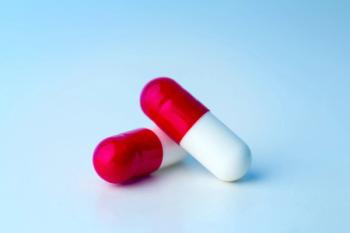
A discussion at the NASP 2020 meeting looks at how pharmacy graduates can get a start in the specialty field.

Not only did cognitive behavioral therapy help insomnia, it also improved symptoms of depression and anxiety.
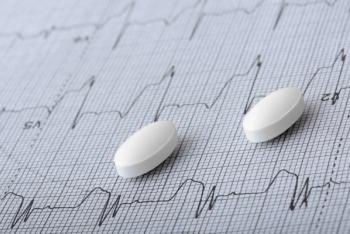
Statin use in certain patients may lead to increased muscle pain so severe it can affect adherence.
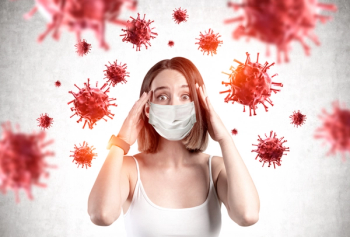
A new study suggests that COVID-19 antibodies remain in the body for up to 5 months.
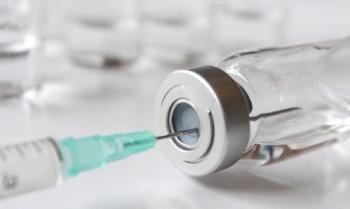
Novel COVID-19 vaccine uses nanoparticles instead of targeting the spike protein.
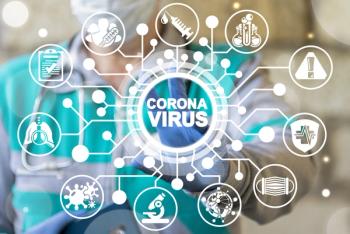
While most COVID-19 mutations do not affect disease severity, some may have made it more contagious.
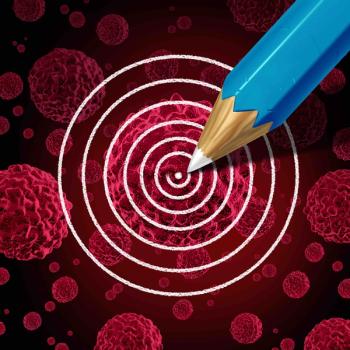
A new device that delivers doses in tenths of a second rather than minutes may bypass adverse effects associated with traditional cancer radiation therapy.
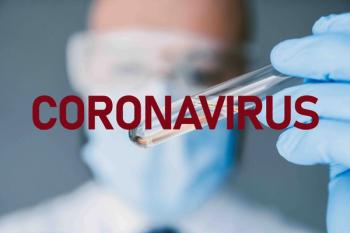
Questions remain whether recovered COVID-19 patients who test positive are still contagious.
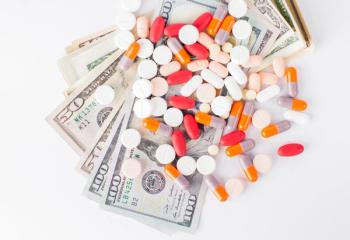
Inappropriately prescribed medications can increase the risk of serious adverse effects and increase the cost of care.

A new blood test can help determine cancer type and whether it will respond to chemotherapy.

Boost in jobs is likely to outpace average job growth nationally.
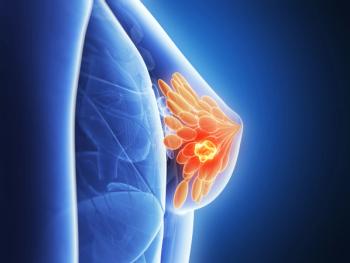
Study to evaluate paclitaxel plus encequidar with dostarlimab +/- carboplatin in patients with breast cancer.

Data show that children with cancer who are experiencing neighborhood poverty and rely on public health insurance have an increased risk of death with stem cell treatment.
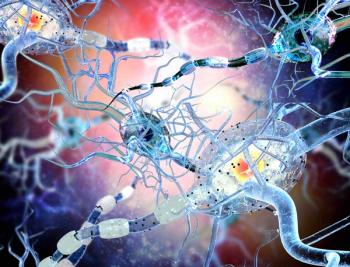
Simple sugar found in breast milk and dietary supplements may promote myelin repair in patients with multiple sclerosis.
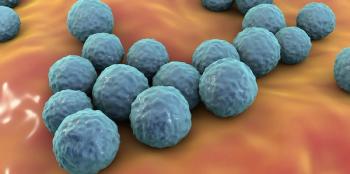
The new molecules are repurposed form a drug that’s been used for over 80 years.

Nursing home residents who are transferred to the emergency department potentially face long-term health consequences.

The University of Tennessee College of Pharmacy has partnered with AdhereHealth to help low-income and other at-risk groups properly take their medications for chronic illness during the COVID-19 pandemic.

A new study suggests that more than 80% of COVID-19 patients could be vitamin D deficient.

T-cells may offer immunity from COVID-19 and may be a more effective prevention option than a vaccine for patients with certain underlying conditions.

This $15 hack can help keep make trick-or-treating safe during Halloween.

A new study found that the COVID-19 death rate in New York has dropped significantly since March.

Approximately 30% of women gain weight following chemotherapy for breast cancer, gut bacteria may be why.

Invermectin 0.5% is a topical lotion available OTC to treat head lice.

The drug, PCLX-001, is expected to have minimal adverse effects in treatment of patients with blood cancers.
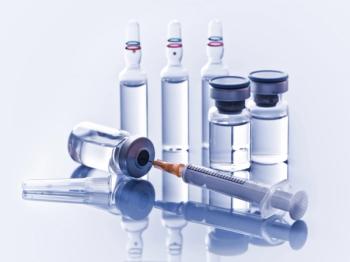
Both intravenous immunoglobulin and subcutaneous immunoglobulin are effective in treating myasthenia gravis.
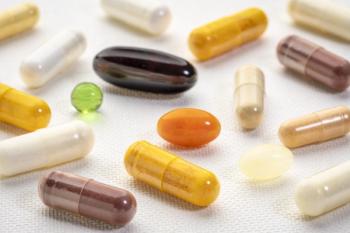
Lipid-lowering medication may be an effective adjuvant cancer therapy.

A new study found a combination of physical activity and cognition-boosting tasks, such as reading a book, is the best way to preserve brain health.

Last year’s Take Back Day collected 441.5 tons of prescription drugs.
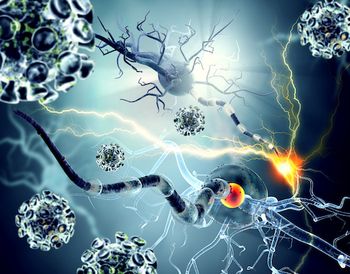
VX-765, a novel multiple sclerosis drug, works by inhibiting a component of inflammasomes that promotes harmful inflammation.